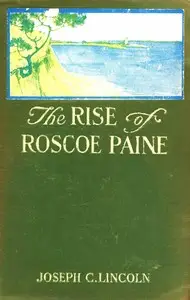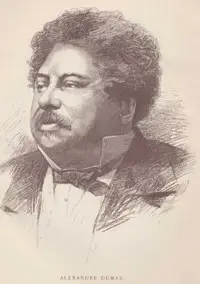"Travels in Peru and India" by Sir Clements R. Markham, is a 19th-century narrative chronicling the expeditions to gather and transplant Chinchona plants—essential for quinine production—from South America to India. The story follows the botanical, geographical, and historical aspects of the Chinchona trees, along with Markham’s voyages in Peru and the farming projects in India, showcasing important people and happenings. The narrative starts with the importance of Chinchona trees, noting their medicinal traits discovered in Peru and their key role in fighting off fevers. Markham explains his quest to gather the plants and seeds in South America, which includes tough trips into unknown forests, and shines a light on the main people who helped with the task. The early parts highlight the historical setting of the Peruvian officials' work and how the local people used the bark, leading into an engaging examination of the travel adventures and the wide-ranging effects of Chinchona farming on medicine and business.

Travels in Peru and India While Superintending the Collection of Chinchona Plants and Seeds in South America, and Their Introduction into India.
By Clements R. (Clements Robert) Markham
Embark on a thrilling journey across continents as a determined explorer seeks to transplant a life-saving plant from the heart of South America to the plantations of India.
Genres
Released
2017-09-21
Formats
epub
mobi
epub (images)
epub3 (images)
mobi (images)
txt
Free Download
Summary
About the AuthorSir Clements Robert Markham was an English geographer, explorer and writer. He was secretary of the Royal Geographical Society (RGS) between 1863 and 1888, and later served as the Society's president for a further 12 years. In the latter capacity he was mainly responsible for organising the British National Antarctic Expedition of 1901–1904, and for launching the polar career of Robert Falcon Scott.
Sir Clements Robert Markham was an English geographer, explorer and writer. He was secretary of the Royal Geographical Society (RGS) between 1863 and 1888, and later served as the Society's president for a further 12 years. In the latter capacity he was mainly responsible for organising the British National Antarctic Expedition of 1901–1904, and for launching the polar career of Robert Falcon Scott.
Total Reviews
10.0k
Total reviews from Goodreads may change

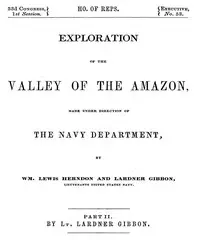
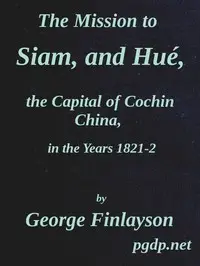

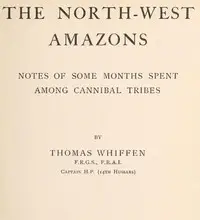
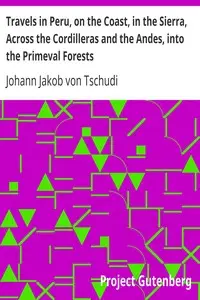
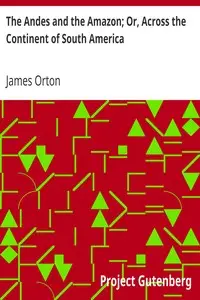
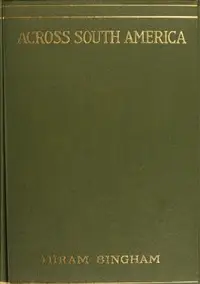
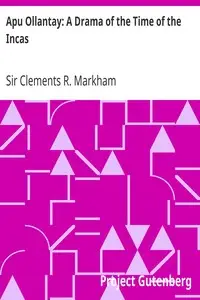
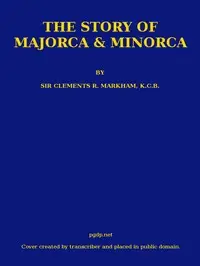

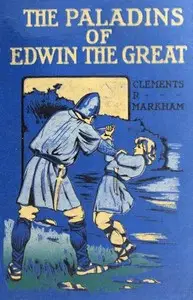
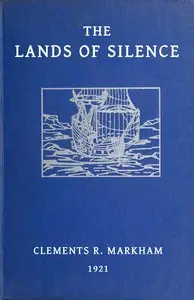

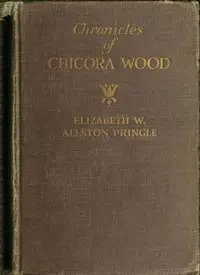
![The Tempest
The Works of William Shakespeare [Cambridge Edition] [9 vols.] by William Shakespeare](https://cdn.a2-host.cloud/bsU3LakYRcvCmBG1F5js_9MoXUyNlDdeP1YH6M6mW8o/rs:fill:215:325:0/g:ce/aHR0cHM6Ly9zcC1hc3NldHMuczMudXMtd2VzdC0wMDQuYmFja2JsYXplYjIuY29tL2Jvb2svMjMwNDIvVGhlX1RlbXBlc3RfVGhlX1dvcmtzX29mX1dpbGxpYW1fU2hha2VzcGVhcmVfQ2FtYnJpZGdlX0VkaXRpb25fOV92b2xzX2NvdmVyLmpwZw.webp)
